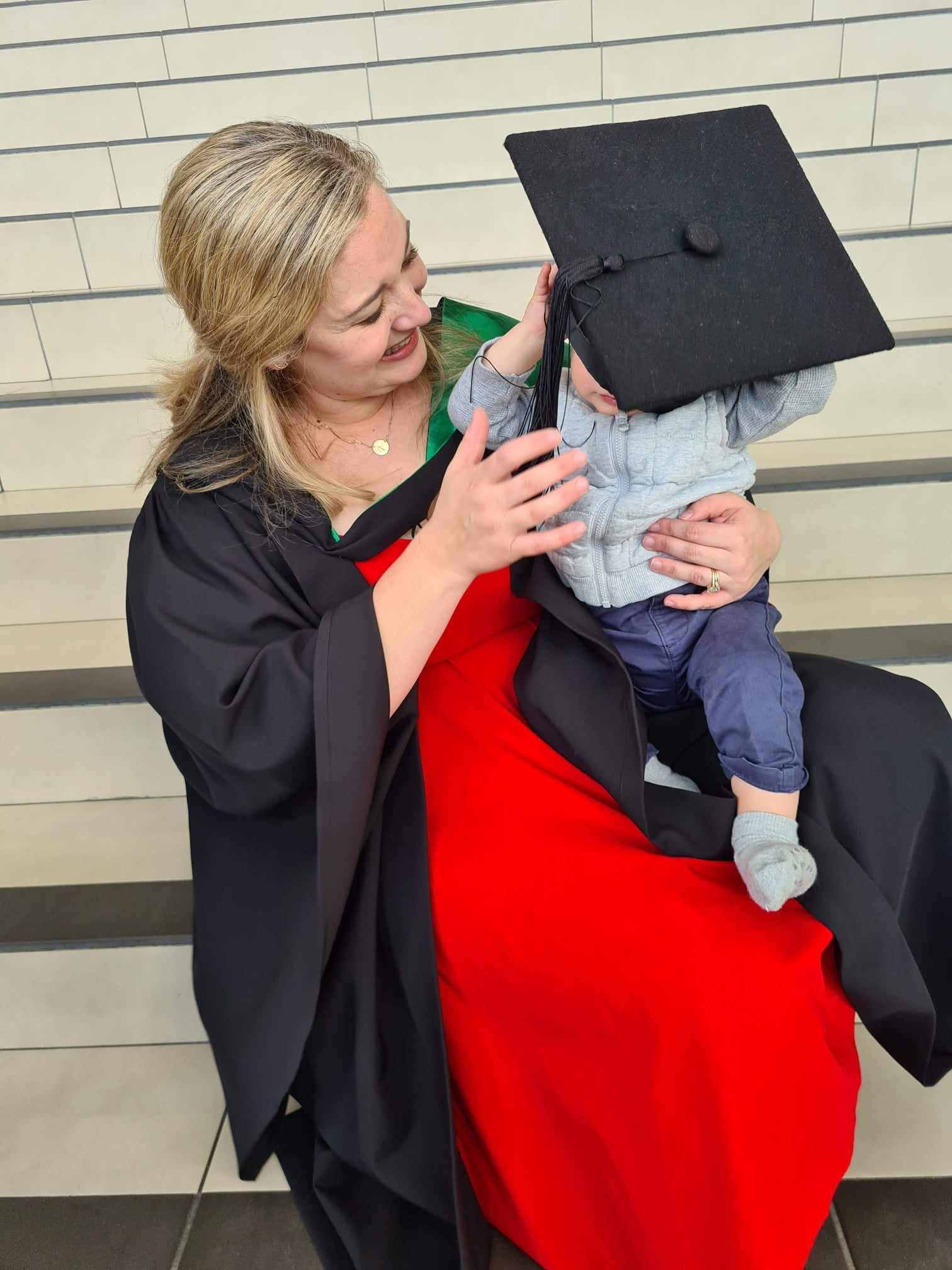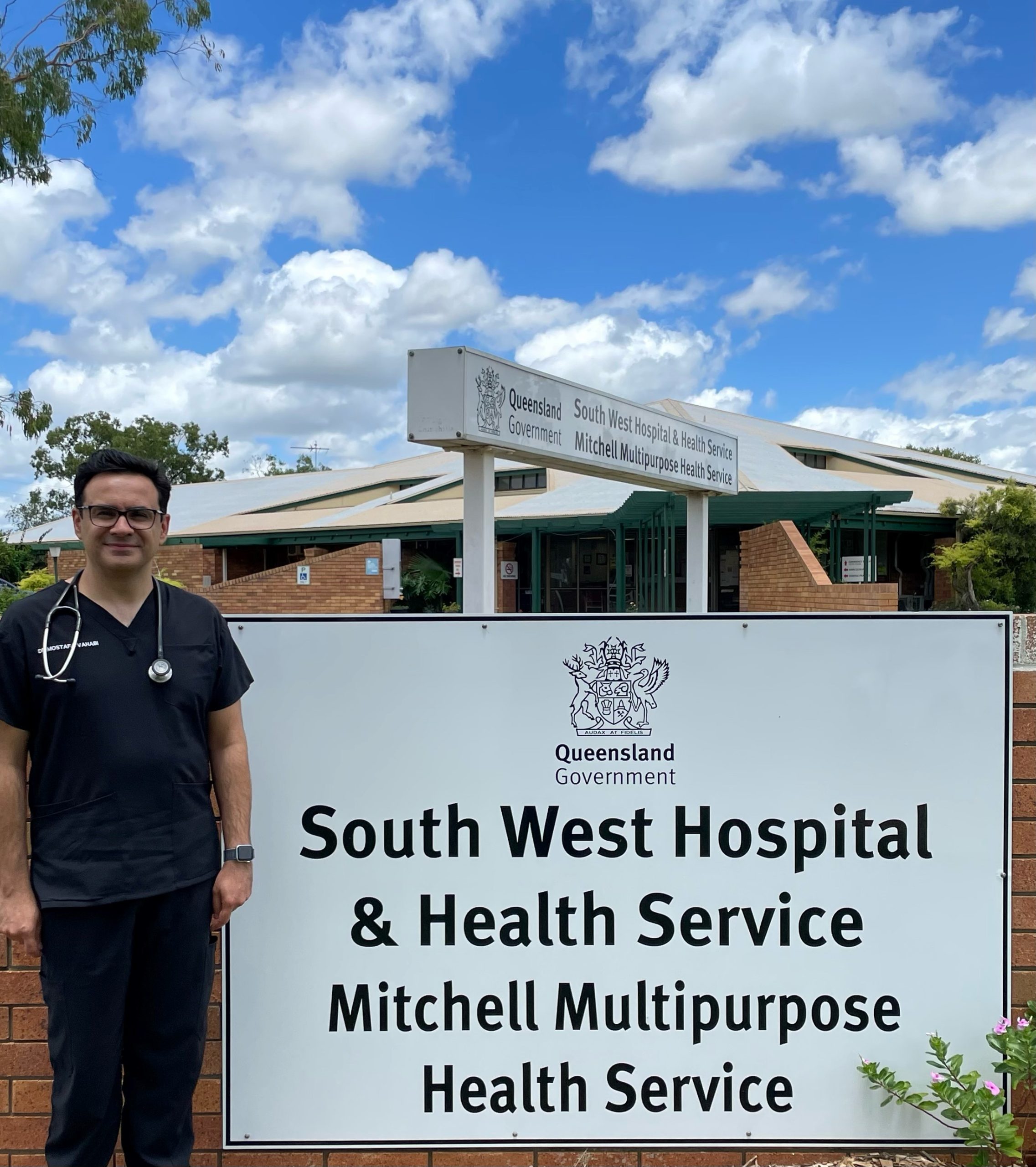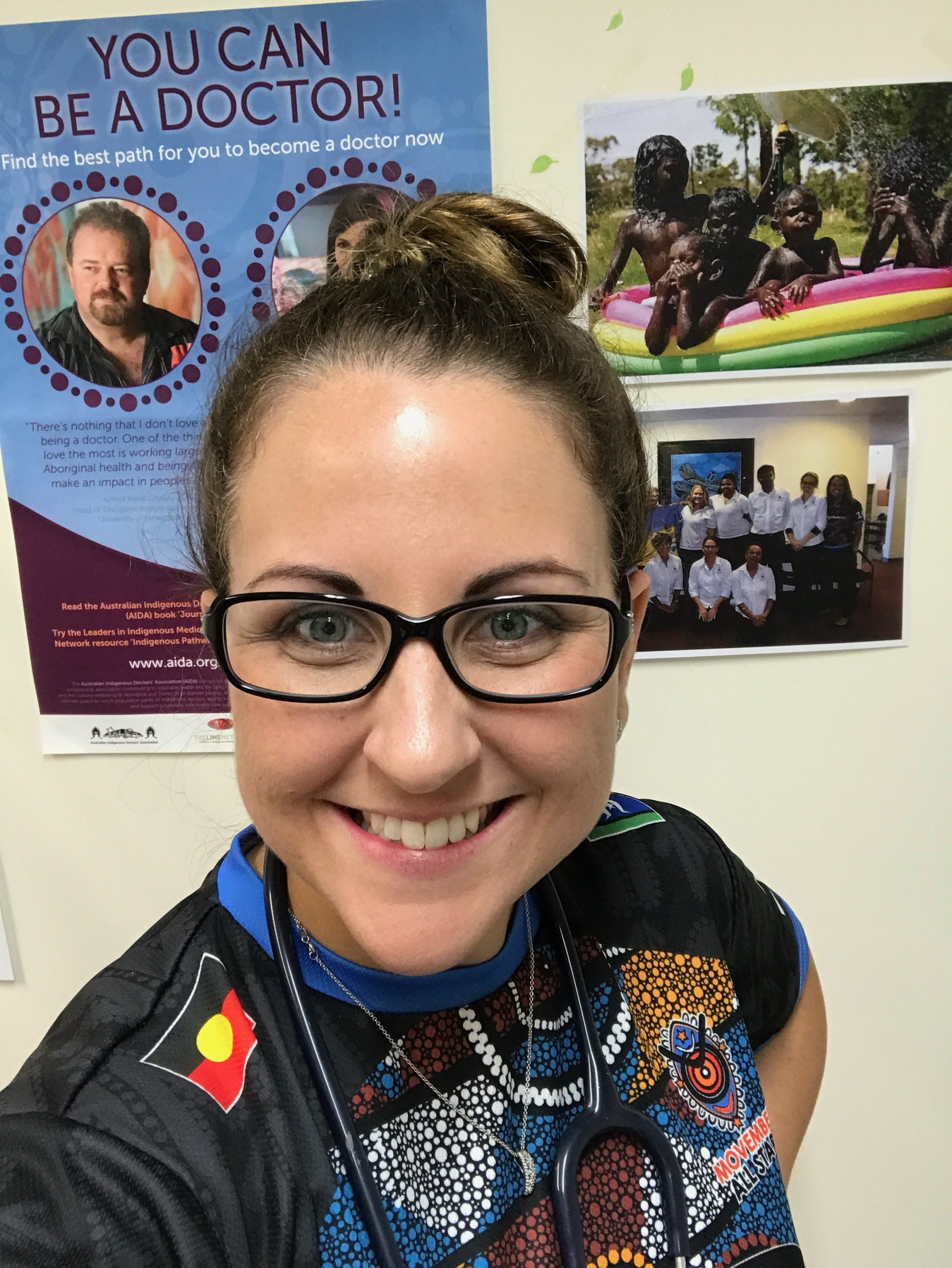Dr Sasha (Alexander) Belonogoff, QRGP trainee
Congratulations on finishing medical school and completing the first big step in your Rural Generalist journey! It is a huge achievement and one that deserves a moment of reflection and appreciation for just how far you’ve come since your first day of university. Moving into your internship, trust that your university experience has prepared you well for the knowledge base required to start work as a doctor (because it has!). Now is the time to learn how to apply that knowledge within a hospital framework and your internship will teach you just how to do that.
Starting internship can make you feel nervous. Everyone feels nervous at the start of a new position, in a new hospital, in a new department, with new processes and protocols, new people and new patients. There are lots of changes at once and the nerves you feel not only mean you’re human but are a sign that you care about what you’re doing! In my experience in Cairns, everyone in the hospital understood that interns were at the beginning of their working journey within the hospital system. They were more than happy to assist with any teething difficulties you might have be having (like remembering which three forms are required for a blood transfusion).
Speaking of forms, a lot of the day-to-day paperwork of medicine falls into the hands of an intern and there may be times where you feel more like a “walking signature” than a doctor. You need to accept this as a necessary part of your medical journey and don’t let it put you off the career as things will get better! Use your time on hospital rotations as a junior doctor to embrace the opportunity to gain insight into the specialties that you will undoubtedly refer to in the future. Also, when signing your life away on the ward, know that Australian Medicines Handbook (AMH) and e-Therapeutic Guidelines (eTG) are your best friend. All hospital computers have free access to these resources and it’s a great place to check up to date guidelines.
A pitfall of internship (for some) is the feeling that they can’t get away from the hospital at the end of their shift as their jobs list is not complete. Just remember that hospitals run 24 hours/day and you’re only rostered on for 8 and a half hours out of this day – the work is never done. If you have to stay for urgent matters, make sure you claim overtime. If the jobs can wait until tomorrow, leave them for tomorrow. If a pending result needs to be chased and actioned tonight, hand over the task to ward call. Ward call is there to help after hours, so don’t feel bad for using this resource because one day you’ll return the favour when you spend time in this role yourself.
Remember that intern teaching days are protected time, so make sure you attend and divert your dect phone. Now for the remaining 15 and a half hours in your day that you’re not at the hospital, and on your weekends off, do whatever the heck you want. BUT (capital B) I would recommend not thinking about medicine.
Lastly, you’ve made a great choice in joining the Queensland Rural Generalist Pathway. My internship in Cairns was a positive experience, filled with kind, down to earth individuals, who support junior doctors very well.
Now go out there and make a difference and remember you’re not “JUST” an intern… you are “THE” intern.







